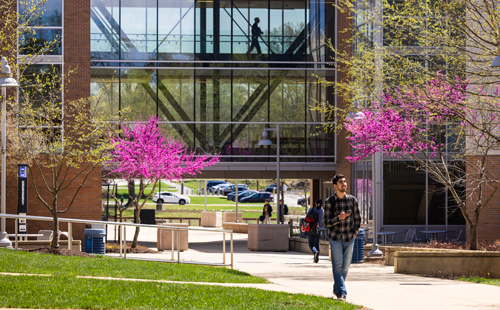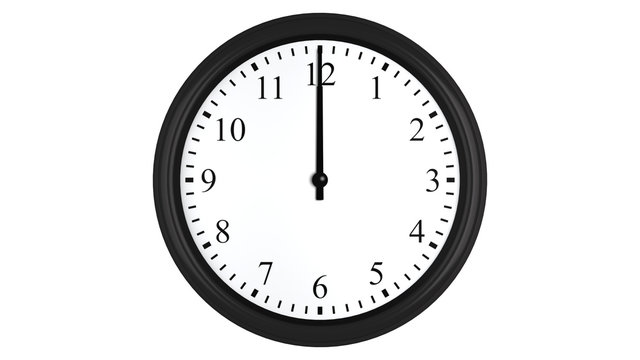As college application season comes into full swing, WCHS seniors are more concerned with their GPAs than ever. Many of them are thankful for grade-boosting policies that both the school and the county have in place. These policies can make GPAs appear higher, therefore make universities more skeptical and competitive towards MCPS, making these artificial grade bumps more harmful than they seem.
At WCHS, there are various policies that bolster student GPAs. The 50 percent rule prevents students from earning lower than half credit on any given assignment. WCHS’ late work policies allow students to hand in assignments well after the outlined due date. Even the method by which semester grades are calculated is intended to inflate GPAs.
Although this approach to grading appears beneficial, it presents several issues. First of all, it reaps less rewards for students who achieve higher grades. A student that earns a 99 percent in a class and a student that earns an 89.5 percent in the same class will appear the same on paper. This makes it more difficult for students to differentiate themselves when they are applying to colleges. Additionally, students may feel that their hard work is not recognized. As a result, they are incentivized to do only the bare minimum.
Policies like these can also create issues when it comes to college applications. With so many students having abnormally high GPAs, universities may become wary of the grading system as a whole. This can cause some universities to place less weight on the GPAs of WCHS students, as they believe the numbers do not reflect the actual efforts of the students. This may make it more difficult for WCHS students to stand out during the college application process.
This method of grading also leaves students underprepared for challenges they will face in college. Most universities will not have policies in place to artificially raise grades. There will be no 50 percent rule and less leniency when it comes to late work. It is likely that WCHS students will be overwhelmed upon entering college and confronting the new workload from the cushion that WCHS provides.
Advocates for these policies often raise the argument that they prioritize mental health. Giving students more leniency and grace when they struggle with assignments can relieve some of the stress they are experiencing. By making it easier to achieve higher grades, students are able to focus more on mastering the content than worrying about their final grades. That being said, it will ultimately be more damaging to the mental health of students to be crushed by the expectations they will have to meet in college.
Overall, the grade inflation at WCHS is more harmful than helpful to students. These policies promote a certain lack of effort and leave students feeling ill-prepared for college. Student GPAs should be reflective of their understanding of the material, and artificially raising them will not benefit students in the long run.















